Controversial facts about Jazz Rock Musician Miles Davis
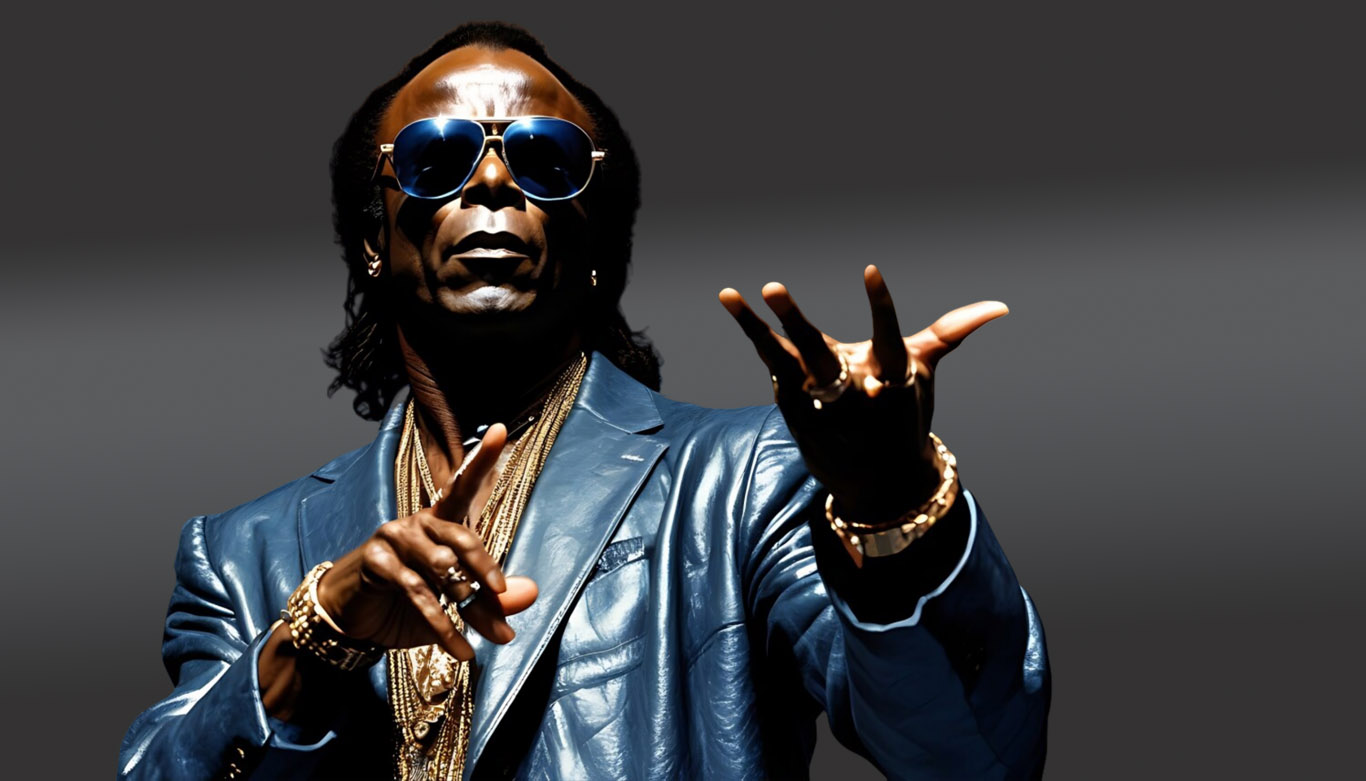

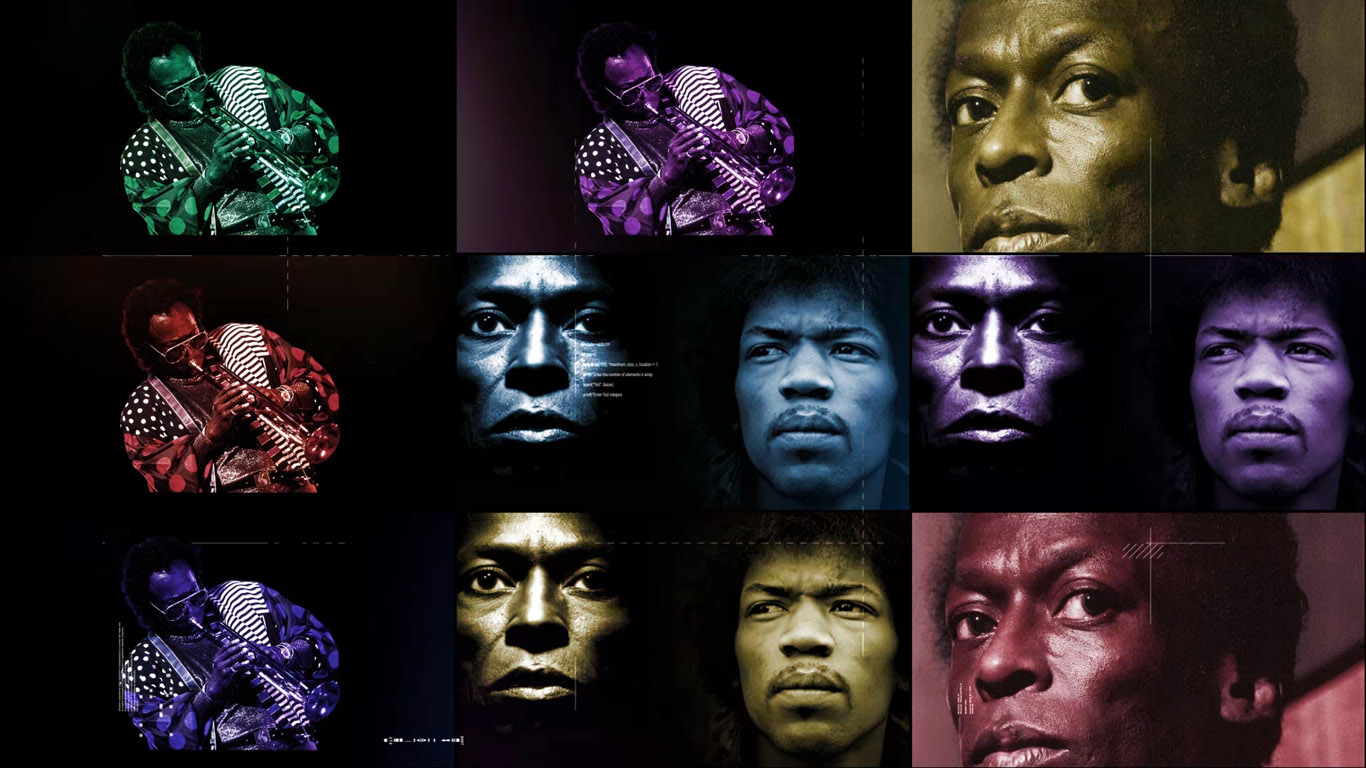
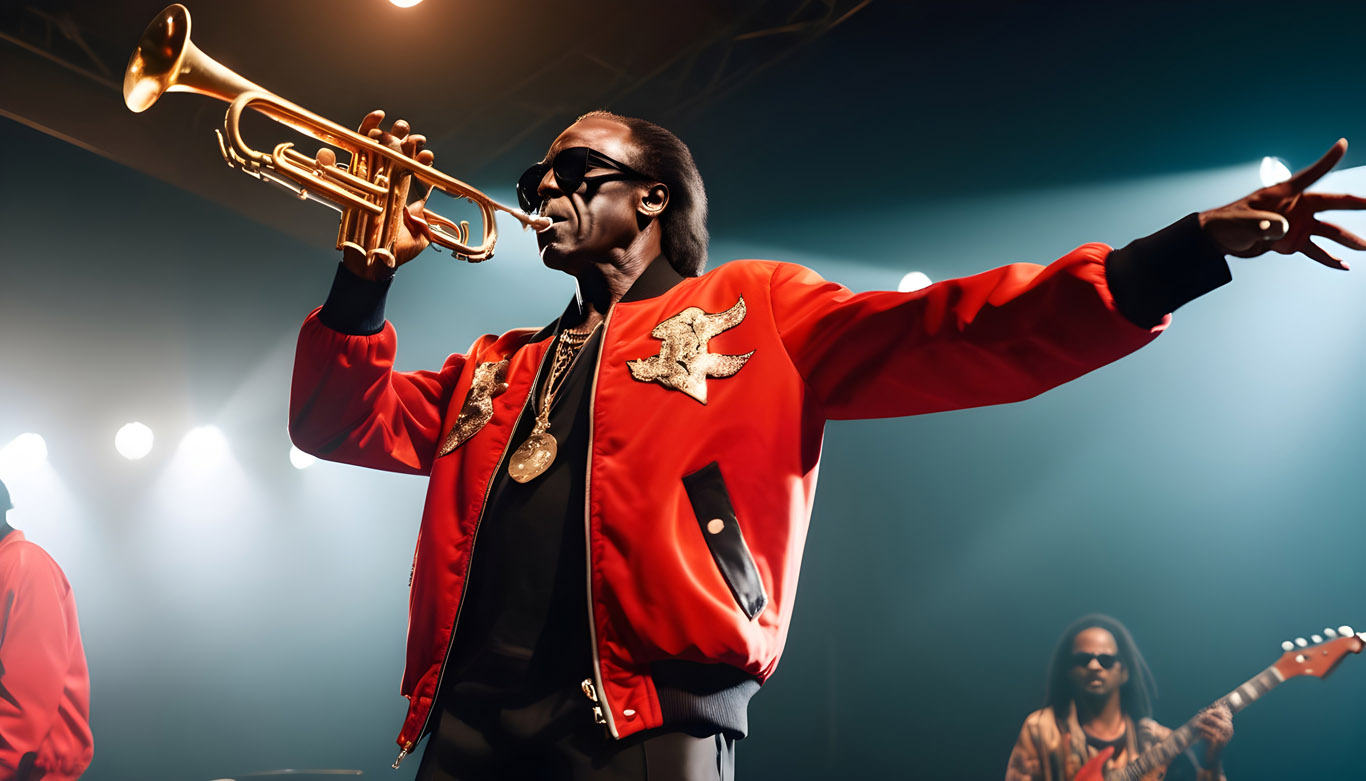
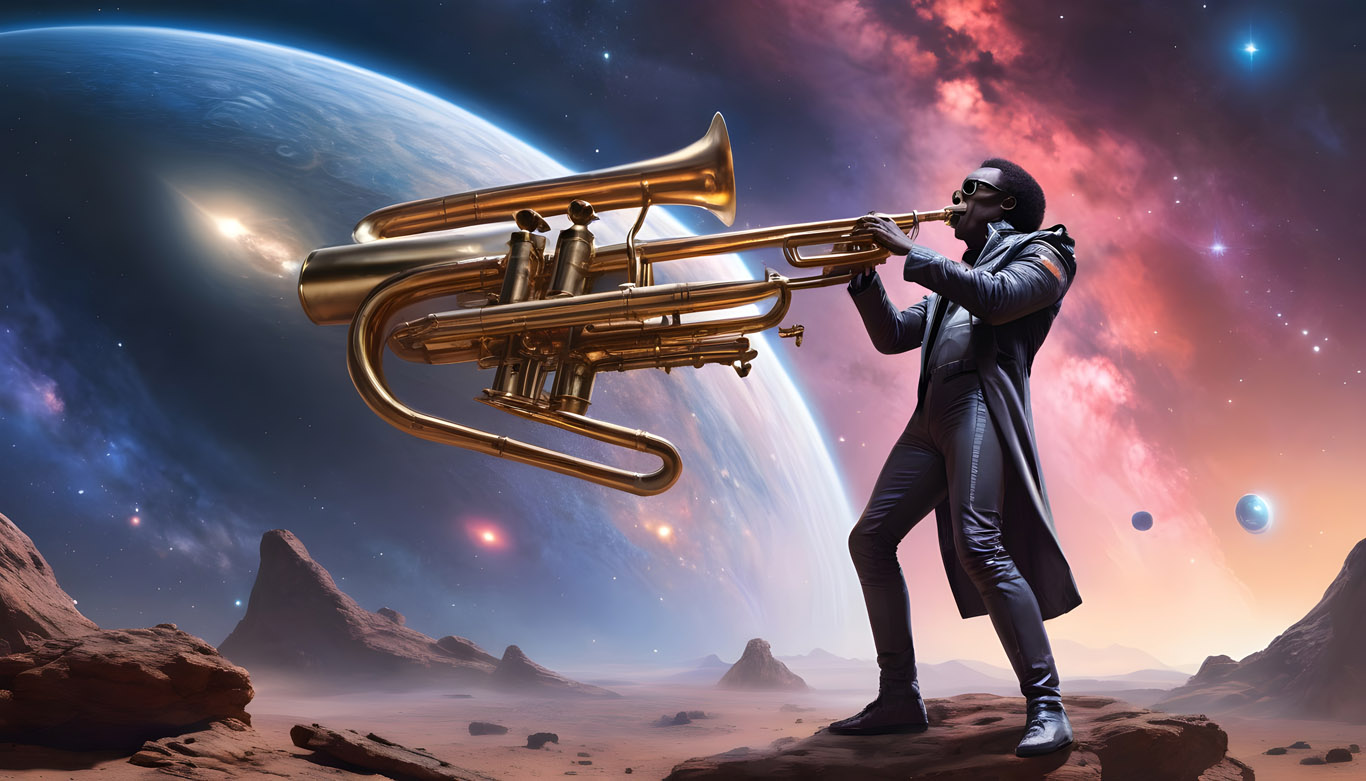
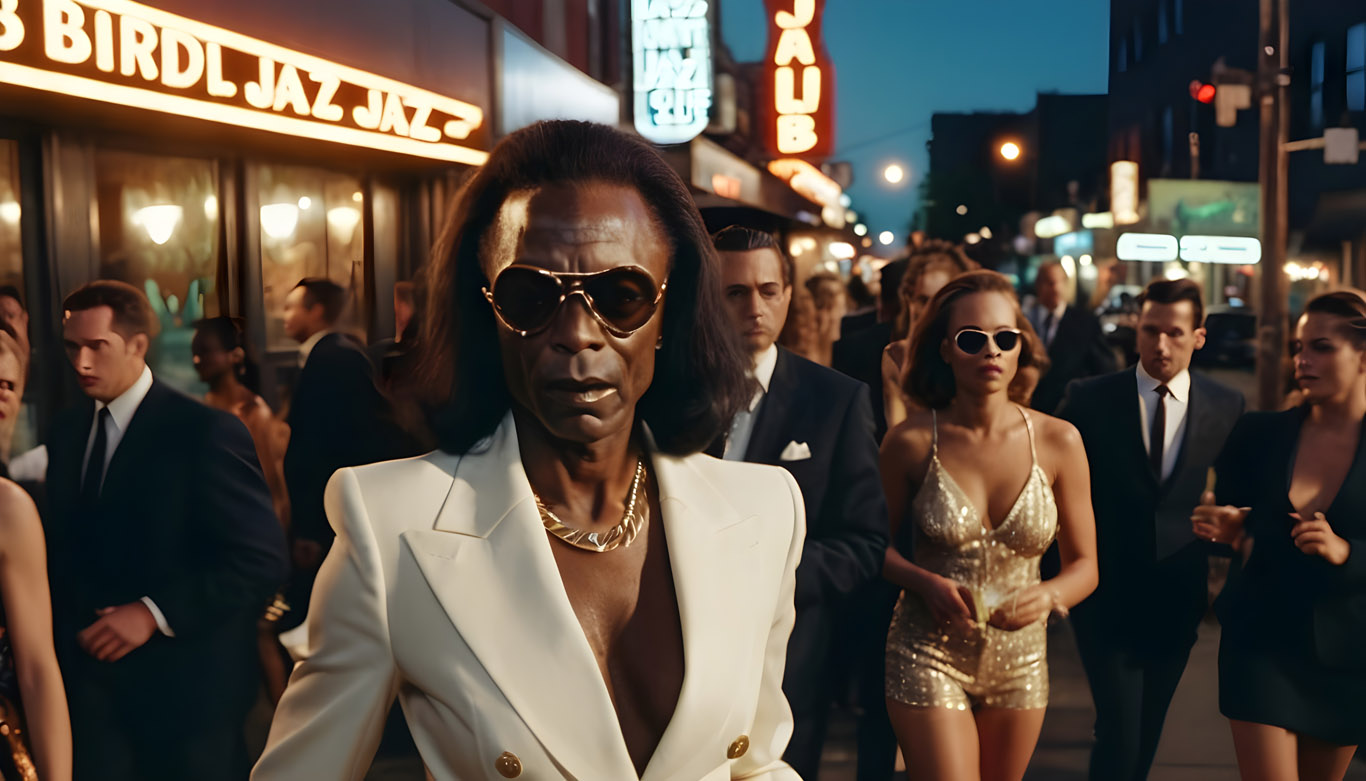
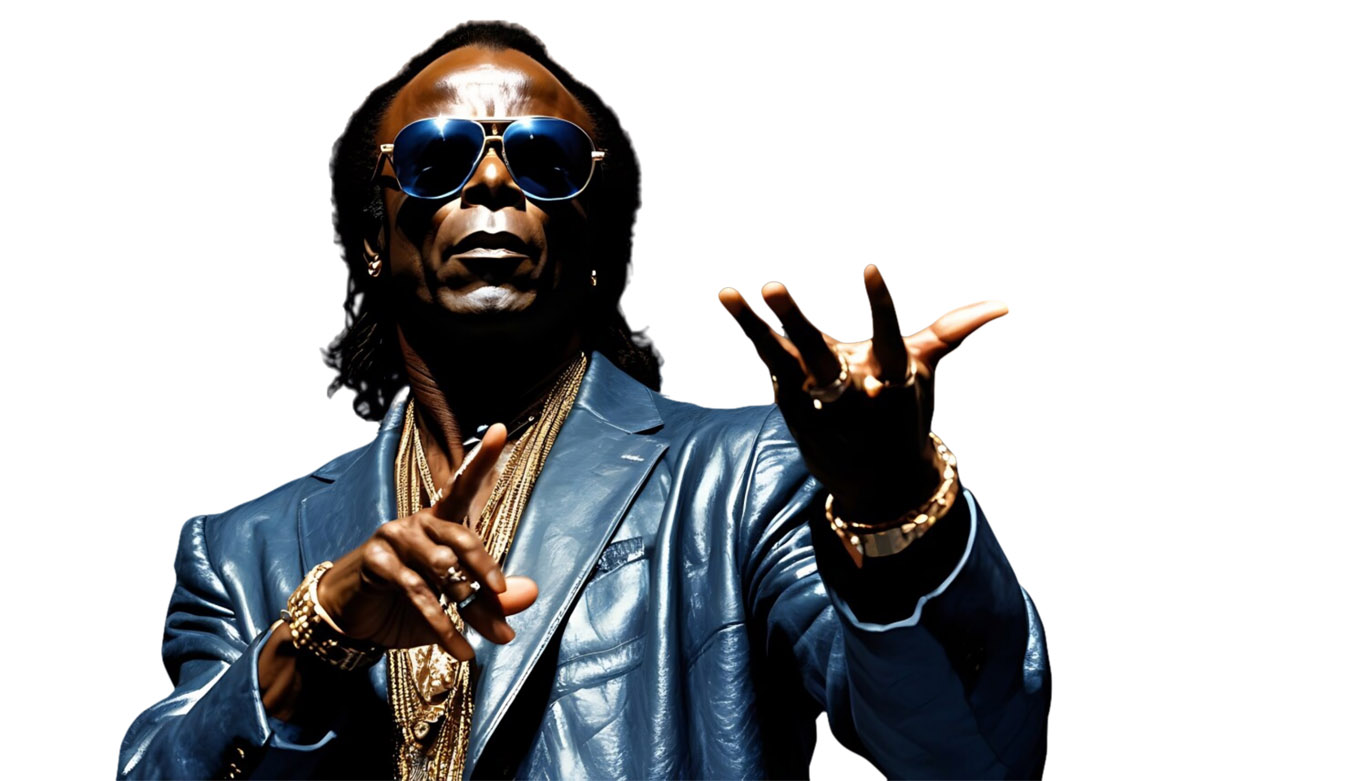
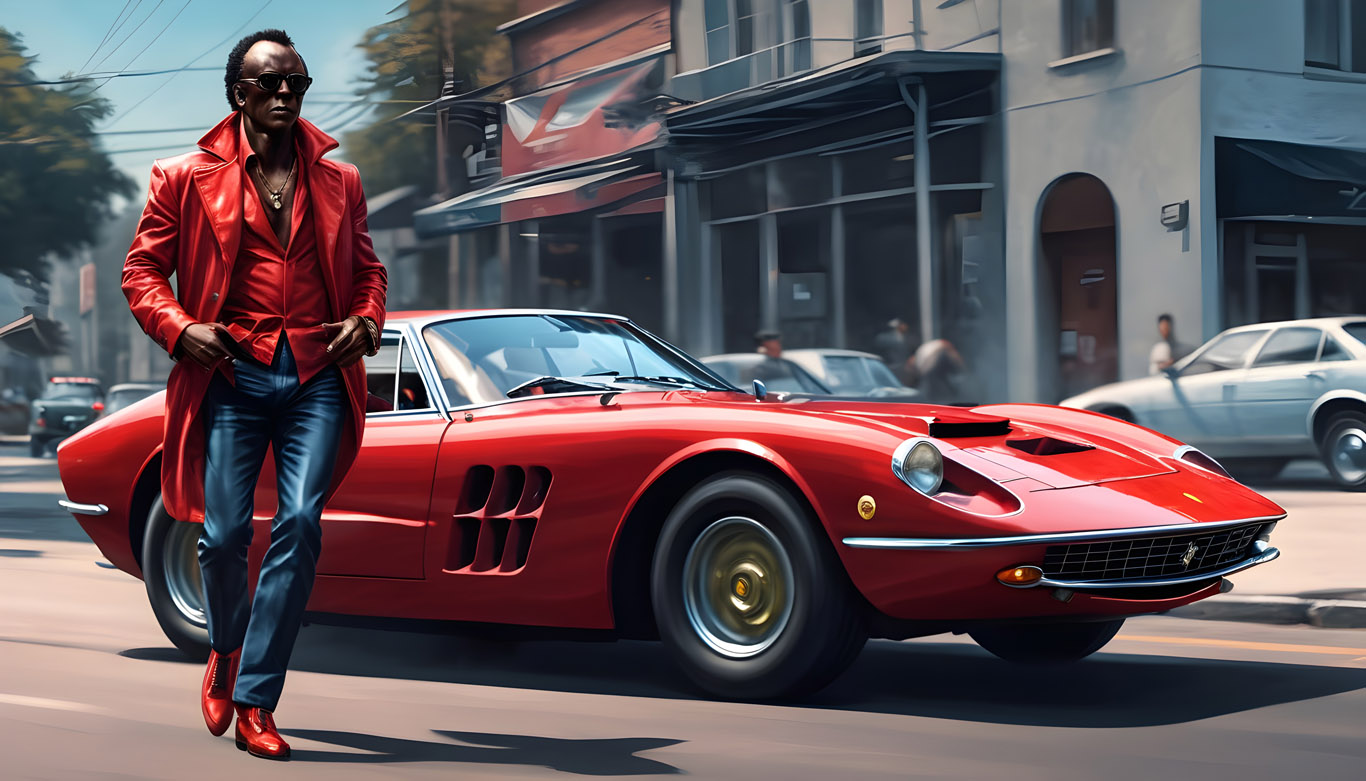
Miles Davis, born Miles Dewey Davis III on May 26, 1926, in Alton, Illinois, was a visionary American jazz trumpeter, bandleader, and composer. Widely considered one of the most influential musicians of the 20th century, Davis was a key figure in the development of several jazz subgenres, including bebop, cool jazz, hard bop, modal jazz, and jazz fusion. His innovative approach and relentless creativity left an indelible mark on the world of music.
~Miles Davis Career Highlights
1944: Moved to New York City to attend the Juilliard School of Music but soon began playing with Charlie Parker and other bebop pioneers.
1949: Released "Birth of the Cool" with the Miles Davis Nonet, which became a landmark album in the cool jazz movement.
1955: Formed the Miles Davis Quintet, featuring John Coltrane, Red Garland, Paul Chambers, and Philly Joe Jones, and signed with Columbia Records.
1957: Released "Miles Ahead," marking the beginning of his collaboration with arranger Gil Evans.
1959: Released "Kind of Blue," which became one of the best-selling jazz albums of all time and a seminal work in modal jazz.
1964: Formed the Second Great Quintet with Wayne Shorter, Herbie Hancock, Ron Carter, and Tony Williams, pushing the boundaries of post-bop.
1969: Released "In a Silent Way" and "Bitches Brew," pioneering the jazz fusion genre by incorporating electric instruments and rock rhythms.
1981: Made a comeback with "The Man with the Horn" after a five-year hiatus from performing.
1986: Released "Tutu," produced by Marcus Miller blending jazz with contemporary pop and electronic elements.
1991: Passed away on September 28 in Santa Monica, California, leaving behind a profound legacy.
Miles Davis Bands
Miles Davis led several influential bands throughout his career, often composed of emerging jazz talents who would later become legends themselves
- Miles Davis Nonet: Featured on "Birth of the Cool" (1949).
- First Great Quintet: Included John Coltrane, Red Garland, Paul Chambers, and Philly Joe Jones.
- Second Great Quintet: Featured Wayne Shorter, Herbie Hancock, Ron Carter, and Tony Williams.
- Collaborations with Gil Evans: Produced albums like "Miles Ahead," "Porgy and Bess," and "Sketches of Spain."
Miles Davis Grammy Awards
Miles Davis won eight Grammy Awards over his career, highlighting his enduring impact on music
1960: Best Jazz Composition of More Than Five Minutes Duration for "Sketches of Spain."
1970: Best Jazz Performance, Large Group or Soloist with Large Group for "Bitches Brew."
1982: Best Jazz Instrumental Performance, Soloist for "We Want Miles."
1987: Best Jazz Instrumental Performance, Soloist for "Tutu."
1989: Lifetime Achievement Award.
1991: Best Jazz Instrumental Performance, Group for "Aura."
1993: Best Large Jazz Ensemble Performance for "Miles & Quincy Live at Montreux."
2000: Best Pop Instrumental Performance for "Do I Do."
3 Most Famous Miles Davis Songs
- "So What" From the iconic album "Kind of Blue," this track exemplifies modal jazz and remains one of Davis's most recognized compositions.
- "Freddie Freeloader": Also from "Kind of Blue," this track features a classic blues structure with memorable solos.
- "All Blues": Another standout from "Kind of Blue," known for its unique 6/8 time signature and modal approach.
Miles Davis Scandal/Gossip/Trivia
- Drug Addiction: Davis struggled with heroin addiction in the early 1950s, which temporarily derailed his career.
- Feuds: Known for his sometimes prickly personality, Davis had public feuds with fellow musicians and critics.
- Innovator: Constantly reinventing his sound, Davis was sometimes criticized for moving away from traditional jazz.
- Personal Life: Davis had several high-profile relationships, including marriages to dancer Frances Taylor and actress Cicely Tyson.
Miles Davis's influence on jazz and music, in general, cannot be overstated. He's my Main Man!
Miles Davis ratings
Miles Davis Albums
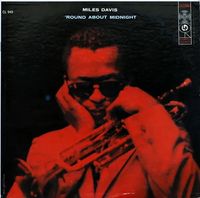
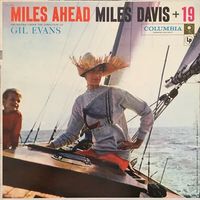
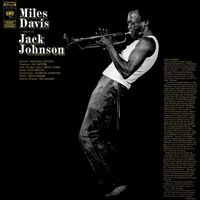

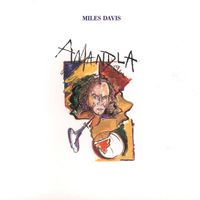
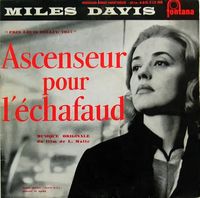

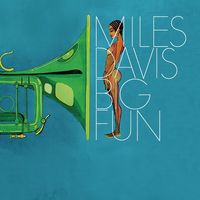
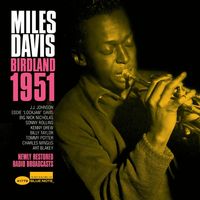
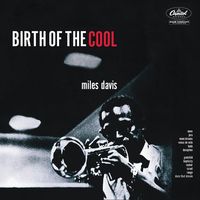
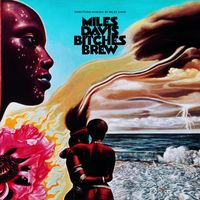
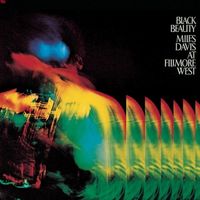
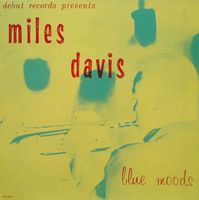
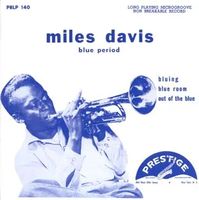
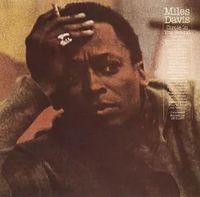
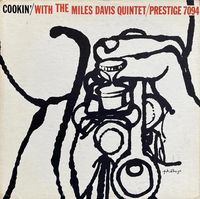
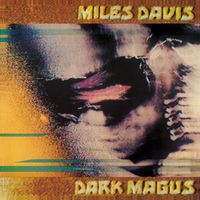
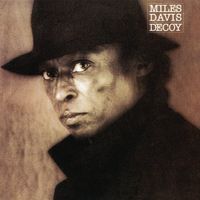


See also Miles Davis Discography
Songs: Right Off, Bitches Brew, Tutu